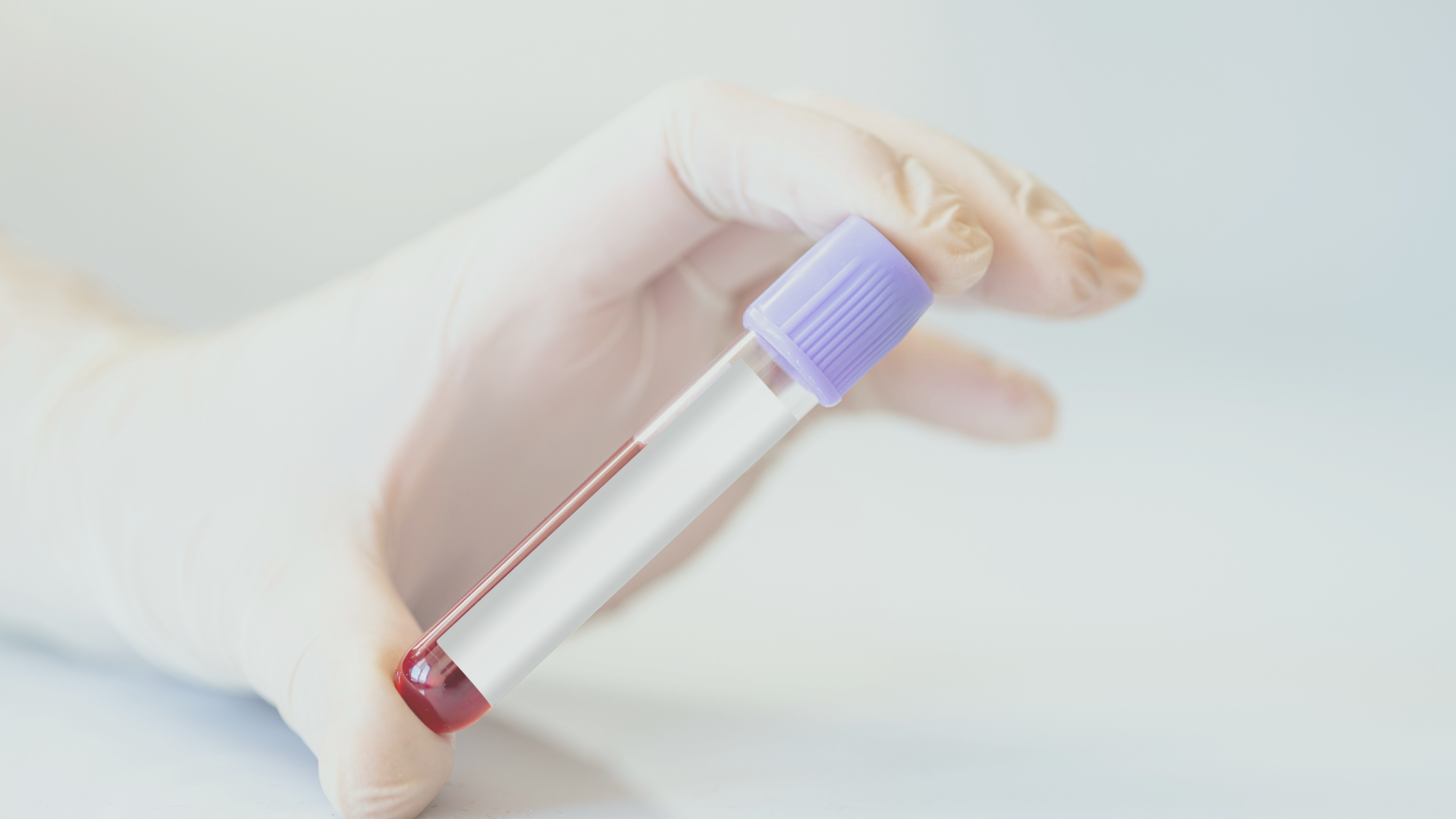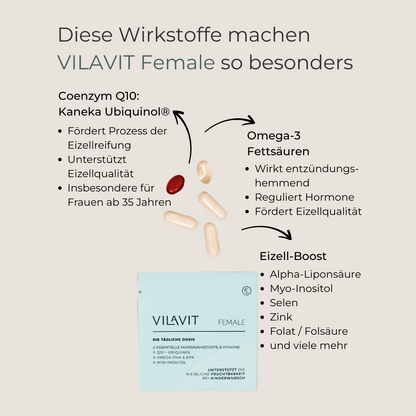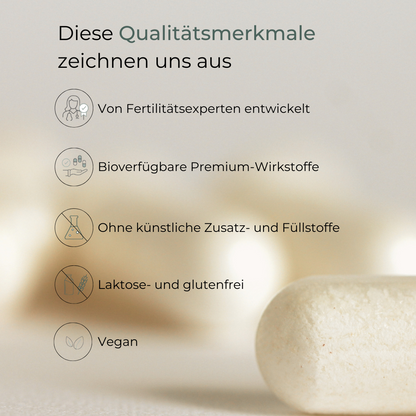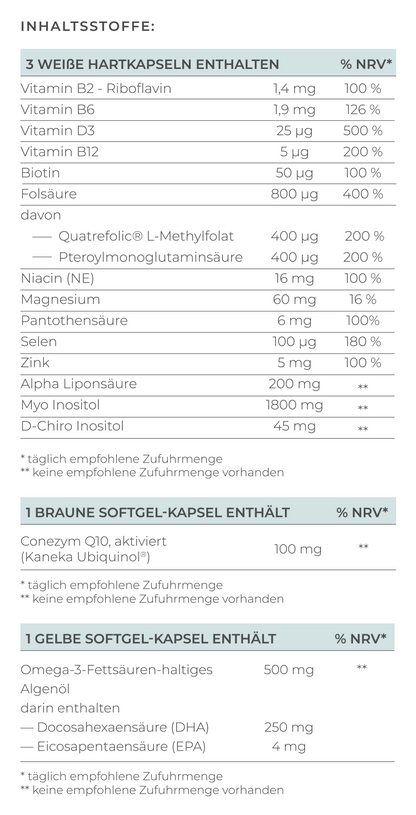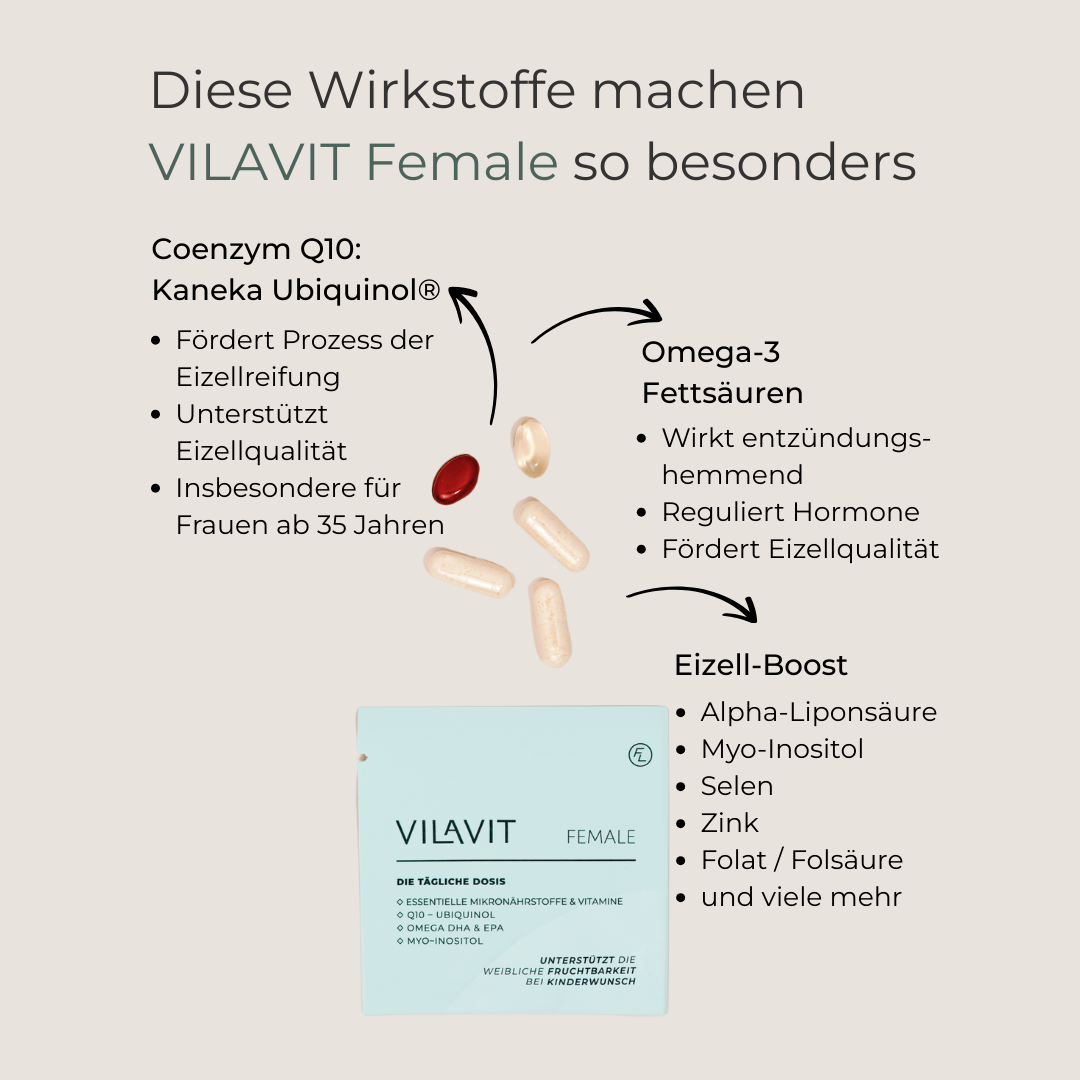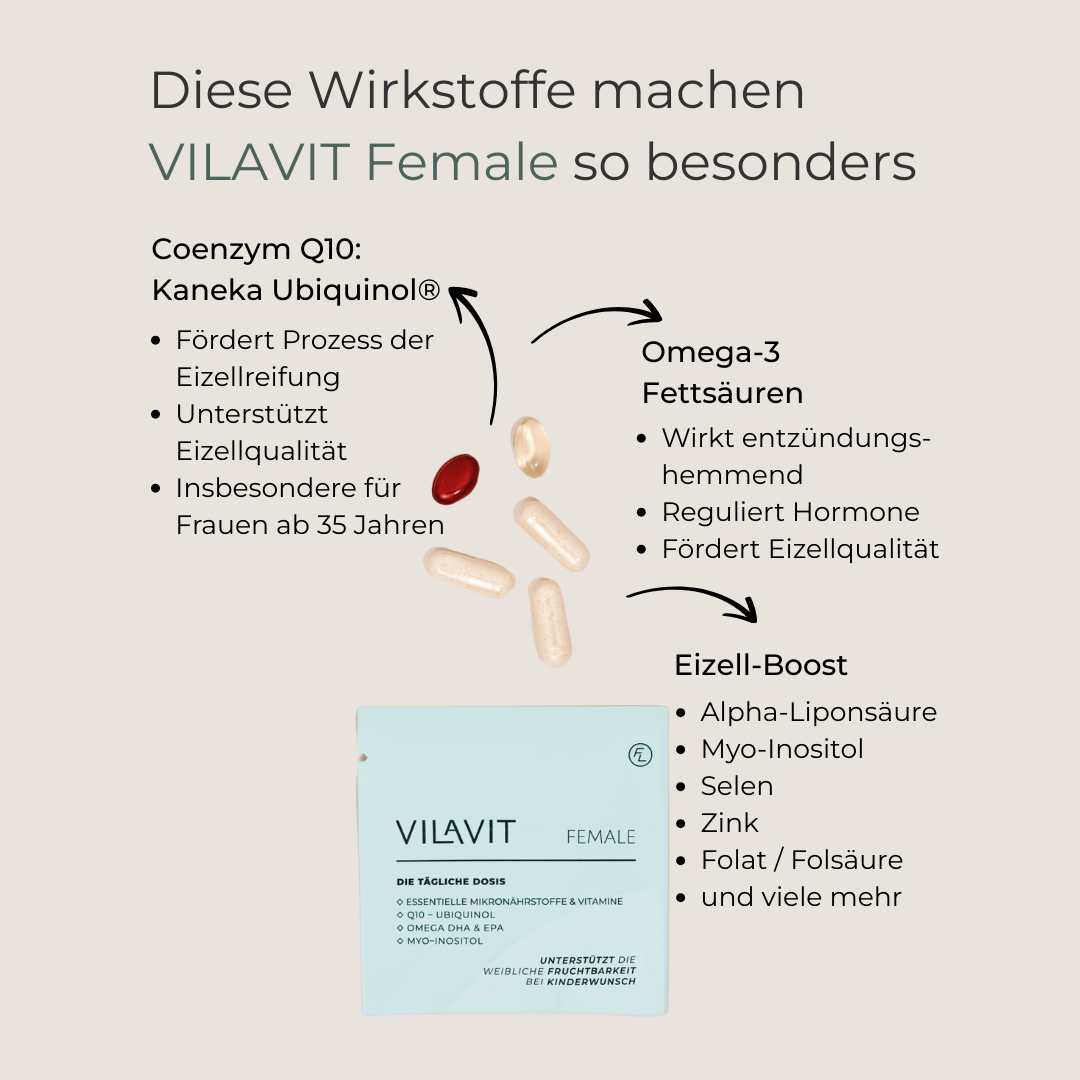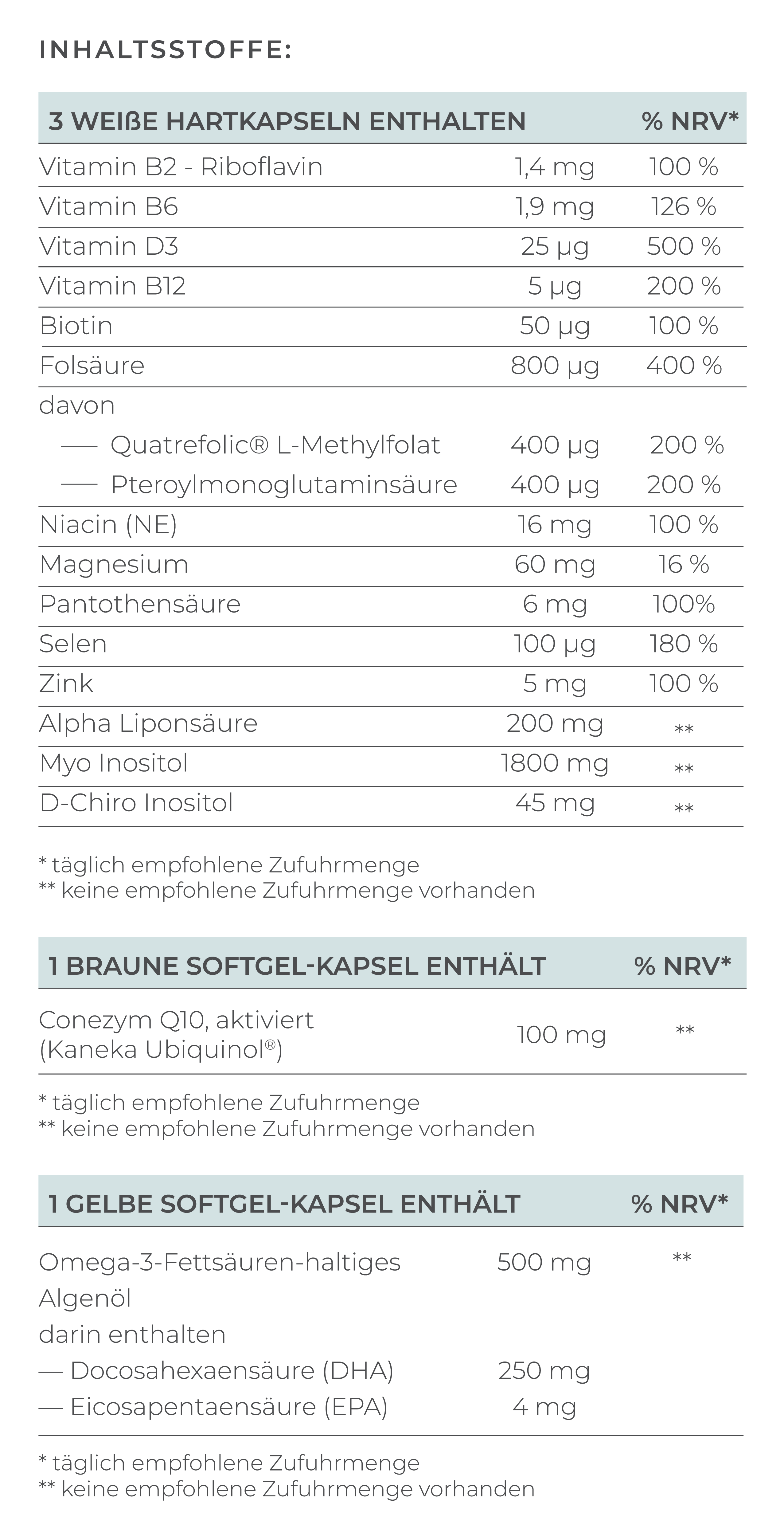Key Facts About the niPOC Test:
- A miscarriage occurs in about 25% of all pregnancies.
- Around 50% of miscarriages in the first trimester are due to chromosomal abnormalities.
- In pregnancies resulting from assisted reproduction, this number can reach as high as 60%.
- The niPOC test is a blood test that can determine whether a miscarriage was caused by a chromosomal abnormality in the embryo.
- It is especially useful for clarifying causes in couples who have experienced repeated miscarriages.
About 20% of all pregnancies end in miscarriage, with most occurring in the first trimester. Although the topic is rarely discussed openly, early pregnancy loss is not uncommon. For affected couples, it often presents a deep emotional burden. A common cause is genetic changes in the embryo, but these often go undiagnosed and leave many questions unanswered. Today, a simple blood test can help better understand the cause and provide valuable insights for planning future pregnancies. We spoke with Dr. Leonhard Loimer, medical director of the Kinderwunsch Institut Dr. Loimer in Linz, about the new niPOC test. This innovative method can identify genetic causes of miscarriage without the need for an invasive procedure.
What exactly is the niPOC test?
The niPOC test is an innovative molecular genetic method used to analyze fetal DNA (embryonic DNA) after a miscarriage. Its goal is to identify, in a simple and gentle way, whether a genetic abnormality in the embryo caused the miscarriage.
How does the test work on a molecular level? What is analyzed in the mother's blood?
Within a maximum of seven days after a miscarriage, ideally during the process, a blood sample is taken from the patient. From this sample, fetal DNA is isolated, similar to the process used in NIPT. These fetal cells are then sequenced to detect possible aneuploidies (changes in chromosome number) or other chromosomal abnormalities.
What types of chromosomal disorders can the niPOC test detect?
The test can identify various chromosomal anomalies, including trisomies where an extra chromosome is present instead of a pair. The niPOC test can detect Trisomy 13 (Patau syndrome), Trisomy 18 (Edwards syndrome), and Trisomy 21 (Down syndrome), as well as Turner syndrome and triploidy. In many cases, other numerical or structural chromosomal abnormalities can also be detected.
In which situations do you recommend the niPOC test?
The niPOC test is particularly recommended for women who have experienced repeated miscarriages. If a chromosomal cause is identified, it can support further diagnostic and therapeutic steps, such as targeted genetic testing or consideration of preimplantation genetic testing (PGT).
It can also be valuable after a single miscarriage when there is a strong desire to clarify whether the cause was a fetal chromosomal abnormality or maternal factors such as infections, immune disorders, clotting issues, or other conditions.
What are the advantages of the niPOC test compared to traditional miscarriage tissue analysis?
A key advantage is its non-invasive nature: no surgical procedure (e.g., curettage) is required, only a simple blood sample. The test also avoids the risk of contamination with maternal tissue, which often leads to unclear results in conventional tissue analysis. Even after a complete miscarriage with no remaining tissue in the uterus, fetal cells still circulate in the mother's blood and can be analyzed. Additionally, many patients find the niPOC test emotionally much less distressing.
Are there also disadvantages to the niPOC test?
Yes, the main limitation is timing: the blood sample must be taken within a few days of the miscarriage; otherwise, there may not be enough fetal DNA for analysis. Another drawback is that the test detects only chromosomal abnormalities, not monogenic disorders. Finally, the test is currently still relatively expensive, costing around EUR 1,000. Since it is currently only available from one provider, the cost reflects their development expenses. Prices are expected to decrease as more labs begin to offer the test.
How quickly are the results available and how reliable are they?
Results are typically available within 8 to 14 days. When the sample is taken in time, the test is considered highly reliable.
How does the test support medical counseling after a miscarriage?
The test provides a clear distinction between genetic and other causes of miscarriage. This is especially important for planning further medical care. If a genetic abnormality is identified, couples in Austria who have experienced three miscarriages may consider preimplantation genetic testing (PGT) to identify genetically healthy embryos and reduce the risk of future miscarriages.
What are the limitations of the test, for example in terms of accuracy or possible errors?
The biggest limitation is the narrow time window for blood collection. If the sample is taken too late, usable fetal DNA may no longer be detectable. However, if collected in time, the test is very reliable.
Would you prefer the niPOC test over immunological testing?
Both methods have their place, but they serve different purposes.
I generally recommend a basic immunological workup, including the analysis of NK cells in uterine tissue. This is now standard practice in reproductive medicine. Further immunological testing can be very costly, and treatments are not yet fully standardized.
The niPOC test is particularly valuable because it provides a clear answer as to whether the cause lies with the mother or the embryo.


